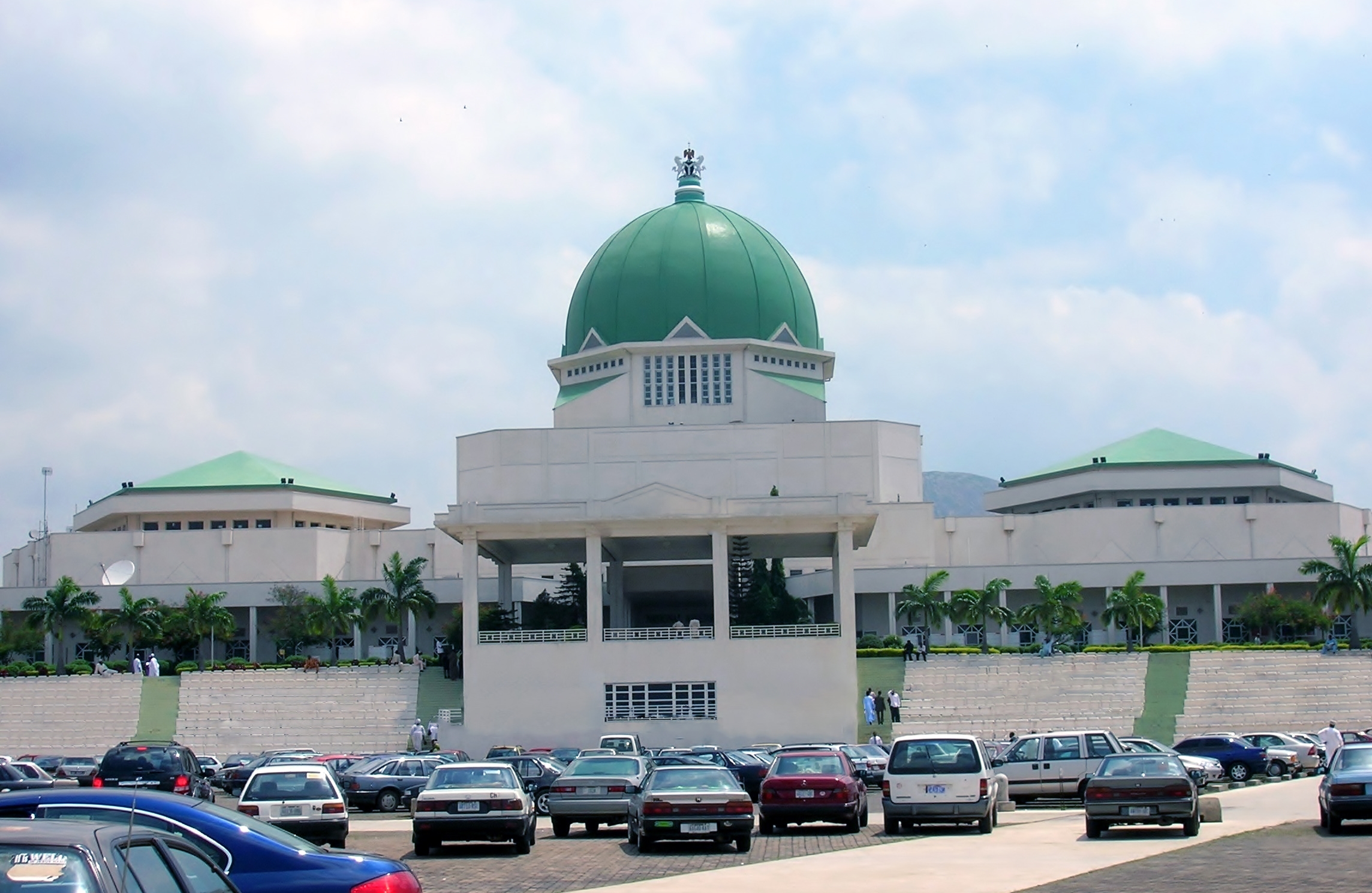
A bill seeking to amend the third schedule of the
1999 Constitution as amended to include presiding officers of the National
Assembly in composition of the National Security Council (NSC) has passed the
second reading on the floor of the House of Representatives.
The third schedule of the National Security Council
stipulates that the Council shall have power to advise the president on matters
relating to public security, including matters relating to any organisation or
agency established by law to ensure the security of the federation.
It states that the members shall comprise the
following: the President who shall be the Chairman; the Vice-President who
shall be the Deputy Chairman; the Chief of Defence Staff; the Ministers of
Interior, Defence, and Foreign Affairs; the National Security Adviser; the
Inspector-General of Police; and such other persons as the president may in his
discretion appoint.

However, at the plenary yesterday, the bill
sponsored by Hon. Odebunmi Olusegun, appreciated the strategic importance of
the legislative arm of government in any democratic society being the only
major difference between democracy and any other forms of government.
He noted that among the functions of the
legislature is to make laws for good governance of the country, wherein good
governance itself has security of life and property as one of its
determinants.
Odebunmi said information is power, hence, the need for parliament to be well
informed in the area of security.
He stated: "That is why this bill is seeking
to amend the third schedule of the 1999 Constitution to include the presiding
officers of the National Assembly-the
Senate president and the Speaker of the House in the composition of the
National Security Council."
The lawmaker added that the essence was for the
parliament to be well informed and for it to be well guided in making laws that
affect the area of security in line with what is practically realisable.
Odebunmi pointed out that it was not an attempt to
infuse legislatures into the executive responsibilities, in the spirit of the
principle of separation of powers.
According to him, "It is rather an attempt to put the
legislative arm of government in such position that it will through its
leadership be well informed to be able to guide legislative activities in the
direction that conforms with what is either happening or being planned for in the security circle. It will also encourage the executive-legislative
collaboration to collectively secure Nigeria and Nigerians as well as
preventing the two arms from working at cross purposes."
No comments:
Post a Comment